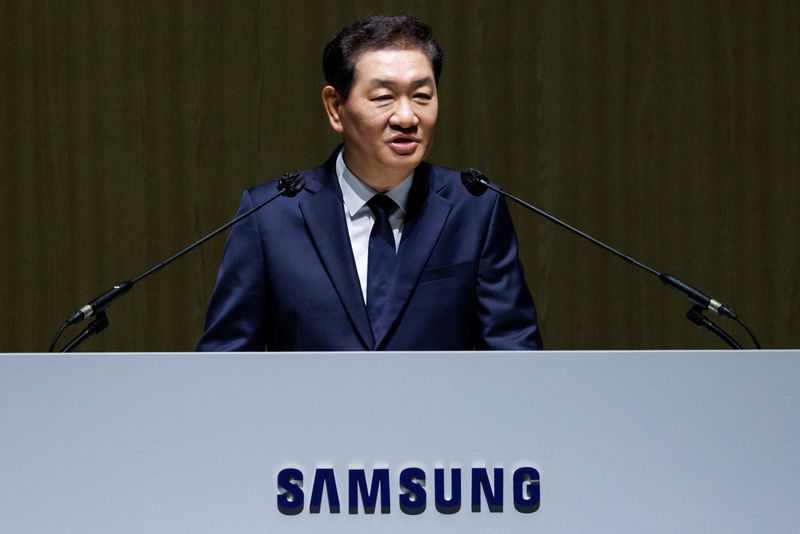Danish Pension Funds Divest Tesla Shares Amid Labor and Musk Concerns
.jpeg) |
| Pension Funds Take Stand Against Tesla’s Practices / AFP |
Danish pension funds have made headlines by selling off their Tesla shares and placing the electric vehicle giant on their investment exclusion lists, citing deep concerns over labor rights violations and Elon Musk’s controversial actions. This move reflects a growing unease among European investors regarding Tesla’s operational ethics and leadership, spotlighting long-tail issues like "Tesla labor rights controversies" and "Elon Musk political interference impact on Tesla stock." The decisions by funds such as AkademikerPension, Pædagogernes Pension (PBU), and PensionDanmark underscore a pivotal shift, driven by Tesla’s refusal to engage with labor unions and Musk’s polarizing behavior, which some argue has tarnished the company’s brand and financial stability.
AkademikerPension, managing over $20 billion in assets, announced it has reached the end of its patience with Tesla, offloading its remaining 200 shares and barring external managers from future investments in the company. The fund, which once held a peak stake worth $45 million (approximately 300 million Danish kroner), pointed to Tesla’s anti-union stance and Musk’s political meddling as key reasons for the divestment. Specifically, they criticized Tesla’s persistent rejection of collective bargaining agreements, a cornerstone of labor rights in Nordic countries, and highlighted how Musk’s actions, such as his vocal support for far-right candidates in European elections and the spread of misinformation, have damaged Tesla’s reputation. This has led to tangible consequences, including a reluctance among European consumers to purchase Tesla vehicles and a staggering 50% drop in stock value from its post-US election peak, erasing over $750 billion in market capitalization.
Similarly, PBU, with assets totaling around $12 billion (90 billion Danish kroner), sold off $34 million worth of Tesla stock, citing violations of fundamental principles like those outlined in the UN Global Compact, which emphasizes workers’ rights to unionize and negotiate collectively. PensionDanmark, one of Denmark’s largest funds overseeing $45.8 billion (317 billion Danish kroner), followed suit by divesting $70 million in shares, arguing that Tesla’s failure to adhere to international labor standards, coupled with an inability to influence the company as investors, justified its exclusion. These moves were catalyzed by a labor dispute that began in Sweden on October 27, 2023, when the IF Metall union launched a strike against Tesla over its refusal to sign a collective agreement. The conflict quickly escalated as sympathy strikes spread to Norway and Denmark, amplifying pressure on Tesla and exposing its "Tesla anti-union policies" to global scrutiny.
The roots of this labor unrest trace back to Tesla’s steadfast "no-union" policy, a stance that clashed with the deeply ingrained collective bargaining traditions of the Nordic region. In Sweden, mechanics at Tesla repair shops demanded a collective agreement, only to be rebuffed, prompting a strike that disrupted operations. This sparked a chain reaction, with Danish and Norwegian unions joining in solidarity, halting services like license plate deliveries—a critical blow given Sweden’s legal backing of such union actions. A Swedish court even upheld a union’s right to refuse transporting Tesla license plates, further entangling the company in legal and operational challenges. For investors like AkademikerPension, PBU, and PensionDanmark, these events signaled a "Tesla labor rights crisis" that could no longer be ignored, threatening long-term profitability and ethical alignment.
Beyond labor issues, Elon Musk’s behavior has emerged as a significant liability. His political interventions, including endorsements of extremist candidates and controversial statements, have fueled perceptions of instability, raising red flags for investors focused on "Elon Musk impact on Tesla brand value." AkademikerPension explicitly stated that Musk’s actions have undermined Tesla’s standing, pointing to a growing consumer backlash in Europe, where buyers are increasingly hesitant to align with a brand tied to such divisiveness. This sentiment is compounded by Tesla’s governance challenges, with critics noting a lack of accountability in its leadership structure—an issue that resonates with broader "Tesla corporate governance concerns" among institutional investors.
This Danish divestment trend aligns with a wider European movement. In the Netherlands, major pension funds like ABP, managing $533 billion, and Bpf Bouw divested from Tesla over similar worries, including Musk’s $56 billion compensation package and governance lapses, with ABP offloading roughly $650 million in shares. Other funds, such as Ahold Delhaize and Huisartsen in 2023, also exited Tesla investments, citing ethical breaches like the firing of unionized workers. These cases illustrate a pattern where "European pension funds Tesla divestment" reflects not just isolated incidents but a systemic reevaluation of Tesla’s risk profile.
The financial implications for Tesla are stark. The combination of labor strife and Musk’s unpredictability has eroded consumer trust and investor confidence, amplifying keywords like "Tesla stock decline 2025" in market discussions. Analysts note that while Tesla once led the charge in sustainable transportation, its current trajectory raises doubts about its ability to maintain that mantle amid self-inflicted wounds. For Danish pension funds, the decision to divest is both a moral stand and a pragmatic one, safeguarding their portfolios from a company perceived as increasingly volatile.
Looking ahead, this wave of divestitures could signal tougher times for Tesla in Europe, where ethical investing and labor rights hold significant sway. The actions of AkademikerPension, PBU, and PensionDanmark may inspire other institutional investors to reassess their stakes, potentially deepening Tesla’s challenges in a region critical to its global ambitions. As the electric vehicle market evolves, Tesla’s ability to navigate these "Tesla labor disputes Europe" and "Elon Musk controversies 2025" will likely determine whether it can reclaim its former luster or face further erosion of its once-unassailable position. For now, the Danish pension funds’ exit stands as a potent reminder that even industry titans are not immune to the consequences of their choices.



Comments
Post a Comment